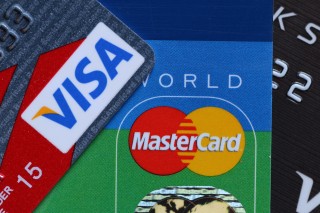
The appeals court of the District of Columbia Circuit originally ruled on these cases in August of 2015 after reviving three class-action lawsuits against the credit card giants. It also claims that a district court was wrong to claim that the consumers had no standing to sue and had not adequately alleged anti-trust fraud. In addition, it remanded the consolidated lawsuits to the district court for further proceedings. This decision revived the three lawsuits, two class action suits brought by consumers, and one brought by independent ATM operators.
The lawsuits claimed that Visa and MasterCard set up rules to prevent certain ATMs from charging lower fees for transactions processed on other networks. The lawsuits allege that these rules gave the companies a competitive advantage. Visa and MasterCard argue that the lawsuit against them is not specific enough to go forward.
The lawsuits also claim that major banks also benefitted from these rules as equity shareholders in both Visa and MasterCard. The lawsuit also lists JPMorgan Chase, Bank of America and Wells Fargo as defendants. The banks allegedly set higher ATM charges while they still controlled MasterCard and Visa before they went public in 2006 and 2008 respectively.
The lawsuits are looking for damages for the consumers and ATM operators for violations of anti-trust law.
The Supreme Court will hear this case among others during the next term which begins in October and ends in June 2017.